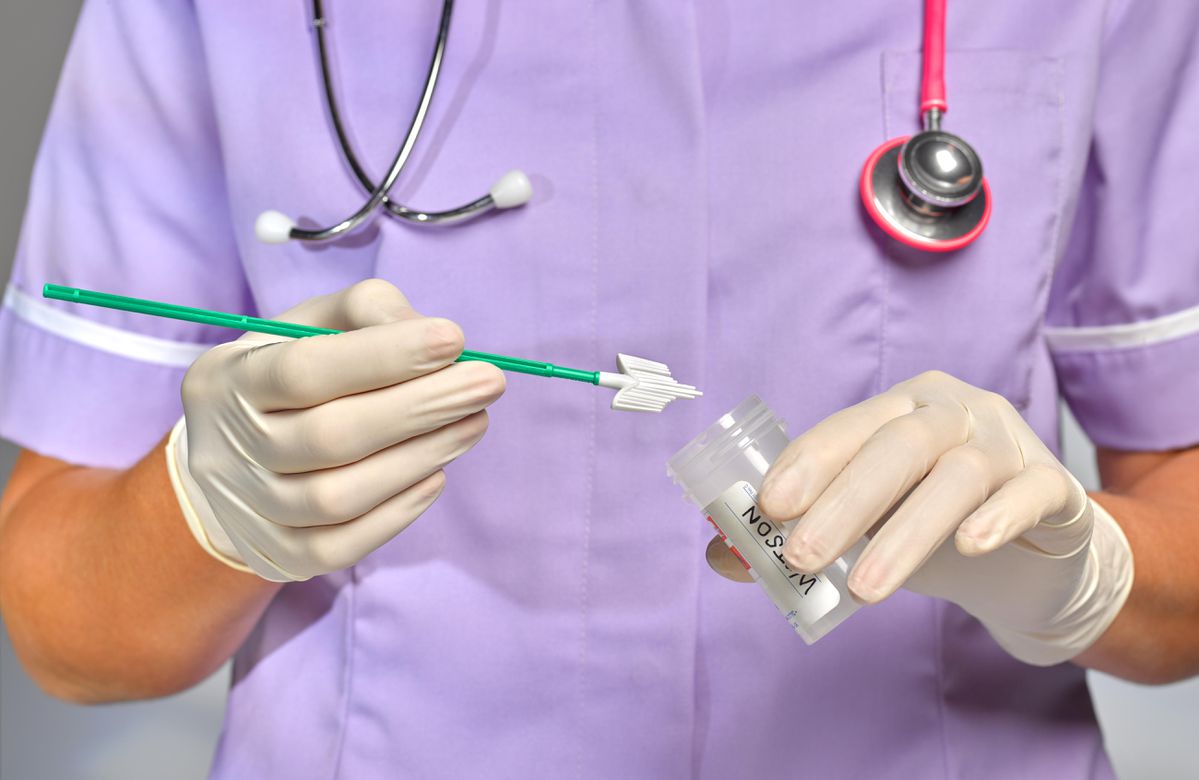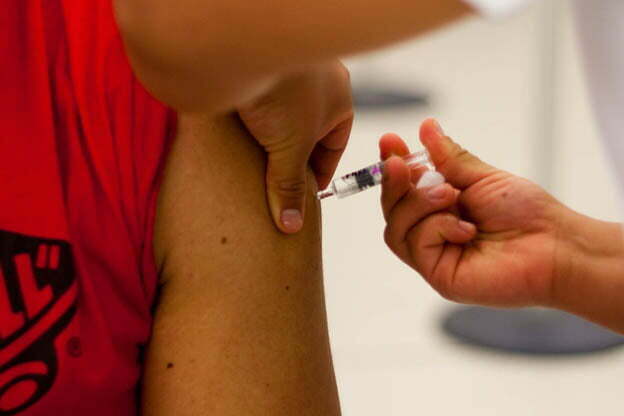Sexual Health, Questions & Answers
Q&A: HPV Transmission Risk From Oral Sex
QUESTION: My girlfriend just informed me that she had HPV but was treated. We’ve engaged in vaginal intercourse but I’ve worn a condom every time. However, I’ve performed oral sex on her several times over the last three months. What is my risk of contracting HPV from oral sex?
Thanks for your question. First, I’m sorry to hear that you’re having to deal with sexually transmitted infection (STI) related problems; that can certainly be tough on individuals and on their relationship. But I also want to commend you for being responsible enough to seek out information about your sexual health – the more informed you and your girlfriend become, the better your ability to make choices about your sexual relationship.
More Than 100 Strains
There are more than 100 strains of the human papillomavirus, also known as HPV, about 30 of which are sexually transmitted and might cause problems such as genital warts or cervical changes.
In addition, while HPV is linked to reproductive and genitals cancers (e.g. cervical cancer, penile cancer, vulvar cancer), most people who have HPV do not go on to develop cancer.
HPV Transmission Risk
At this point, we cannot say for sure if people ever really get rid of HPV or to what extent people remain at risk for transmitting it to others. They might carry HPV forever, or the virus might go away. However, it doesn’t seem to affect most people after a year or two and most people’s bodies seem to be largely unharmed by it.
The tricky thing about HPV is that most sexually active adults (some estimate as high as 60-80 percent) have or have had HPV at some point; it’s an incredibly common STI.
No Reliable Testing For Men
Another difficult aspect of HPV is that we don’t have reliable testing available for guys right now. So for all you know, you might have HPV yourself but we just can’t test you for it (this might change in the next few years; research studies are underway to identify reliable tests for men).
In women, Pap tests can reveal cervical changes that are usually caused by HPV. While most women’s Pap test results return to normal within the year, there are treatments available for those women who aren’t as lucky.
Condoms Do Not Provide Complete Protection
In terms of your risk for acquiring HPV, it’s important to know that neither male nor female condoms can fully protect against HPV since it is transmitted from skin to skin and condoms clearly cannot cover all of one’s skin (for example, male condoms do not cover the base of the penis or any of the scrotum); in addition, HPV infection can even occur in areas covered by a condom).
Oral Sex Transmission Uncommon
In regard to oral sex, it is possible but uncommon to transmit HPV from a partner’s genitals to your mouth (it seems to “prefer” genital and anal skin, or so I hear from the Centers for Disease Control) but a dental dam may be advisable.









